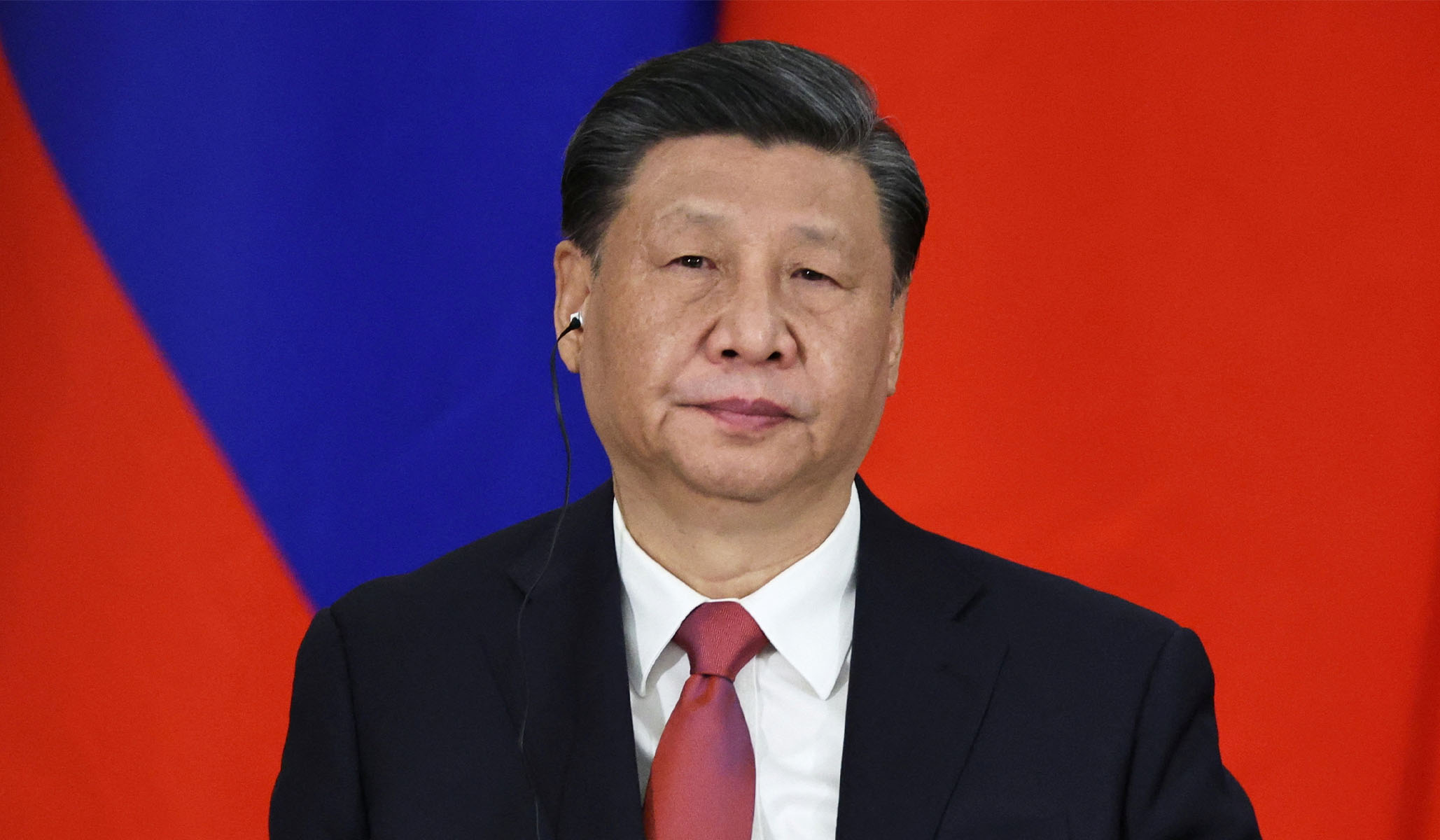


Chinese leader Xi Jinping huddled with his top officers in the People’s Liberation Army Eastern Theater Command, urging them to focus on “war preparedness.”
News of the meeting came Thursday, as Treasury Secretary Janet Yellen arrived in Beijing for talks with Chinese officials on a range of trade and economic issues. The split-screen showed that even as China’s leadership participates in talks with top Biden administration officials, Xi is content to simultaneously signal Chinese capabilities that could one day be used in an invasion of Taiwan.
Xi told the officers, “We must persist in thinking and handling military issues from a political perspective, dare to fight, be good at fighting, and resolutely defend our national sovereignty, security, and development interests,” in remarks translated for a Reuters article from a report in the Xinhua propaganda outlet. The English version of the Xinhua article said that Xi stressed war preparedness.
Headquartered in the coastal province of Jiangsu, the Eastern Theater Command covers the Taiwan Strait. In April, that command carried out military drills surrounding Taiwan, as retaliation for Taiwanese president Tsai Ing-wen’s visit to the United States. The exercises that month were “suggestive of an ‘encirclement’ of Taiwan using PLA Navy forces, with the objective of rehearsing elements of a potential blockade and other kinetic military operations against Taiwan,” according to a new report by the Center for Strategic and International Studies.
Xi’s invocation of the phrase “dare to fight” has been a subject of debate among China experts. Some, such as former White House official Matt Pottinger and journalist John Pomfret, have translated the phrase — which Xi also used at China’s National People’s Congress in March — as an order to PLA officers to “dare to fight.” Others have translated it as “dare to struggle,” which would have different implications.
Nikki Haley, the former U.S. ambassador to the U.N. who is running in the 2024 GOP presidential primary, recently said she believes that Xi is preparing for war.
Other moves might also speak to Beijing’s intentions. China’s military leadership has also made personnel assignments that speak to the Eastern Theater Command’s efforts to escalate Beijing’s intimidation of Taiwan. The PLA Navy commander for the region, Wang Zhongcai, was appointed last year, following his role as head of the Chinese coast guard, a role in which he oversaw incursions into the waters surrounding islands administered by Japan. The command’s newly appointed political commissar previously served in the same role for China’s Liaoning aircraft carrier.
China’s theater commands, including the Eastern Theater, have rebuffed the U.S. military’s calls for dialogue on safely operating in the region. Admiral John Aquilino, the U.S. Indo-Pacific Commander, recently said that, though he has “repeatedly requested to speak with my counterparts in the PLA,” including in the Eastern Command, his requests “have yet to be approved.”
The freeze on military-to-military contact also persists at higher levels. Although Xi and other Chinese officials met with Secretary of State Antony Blinken during his trip to Beijing last month, Chinese defense minister Li Shangfu has refused to meet Defense Secretary Lloyd Austin. While Chinese officials have complained that Li is subject to U.S. sanctions, those sanctions do not prohibit U.S. officials from meeting with him.
Xi’s comments on war preparedness come as Yellen is expected to take a conciliatory tone in her meetings, while also defending the Biden administration’s efforts to reduce China’s access to advanced computer chips and sensitive technologies with military applications.
After Yellen’s meetings, John Kerry, the special presidential envoy on climate, is expected to make a trip to Beijing.
